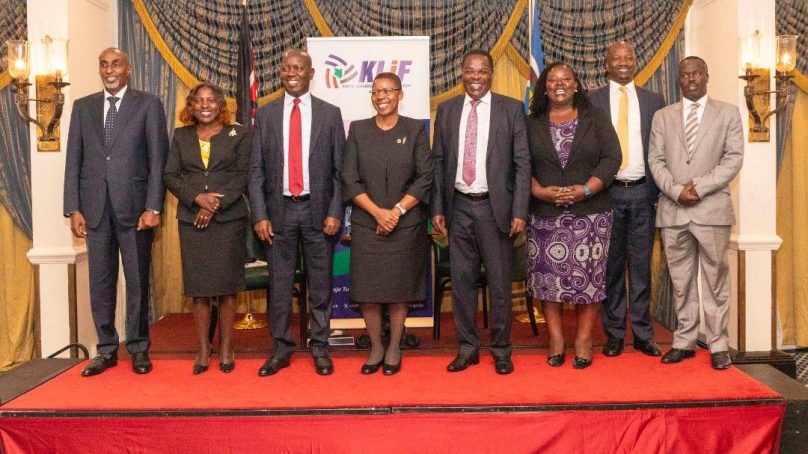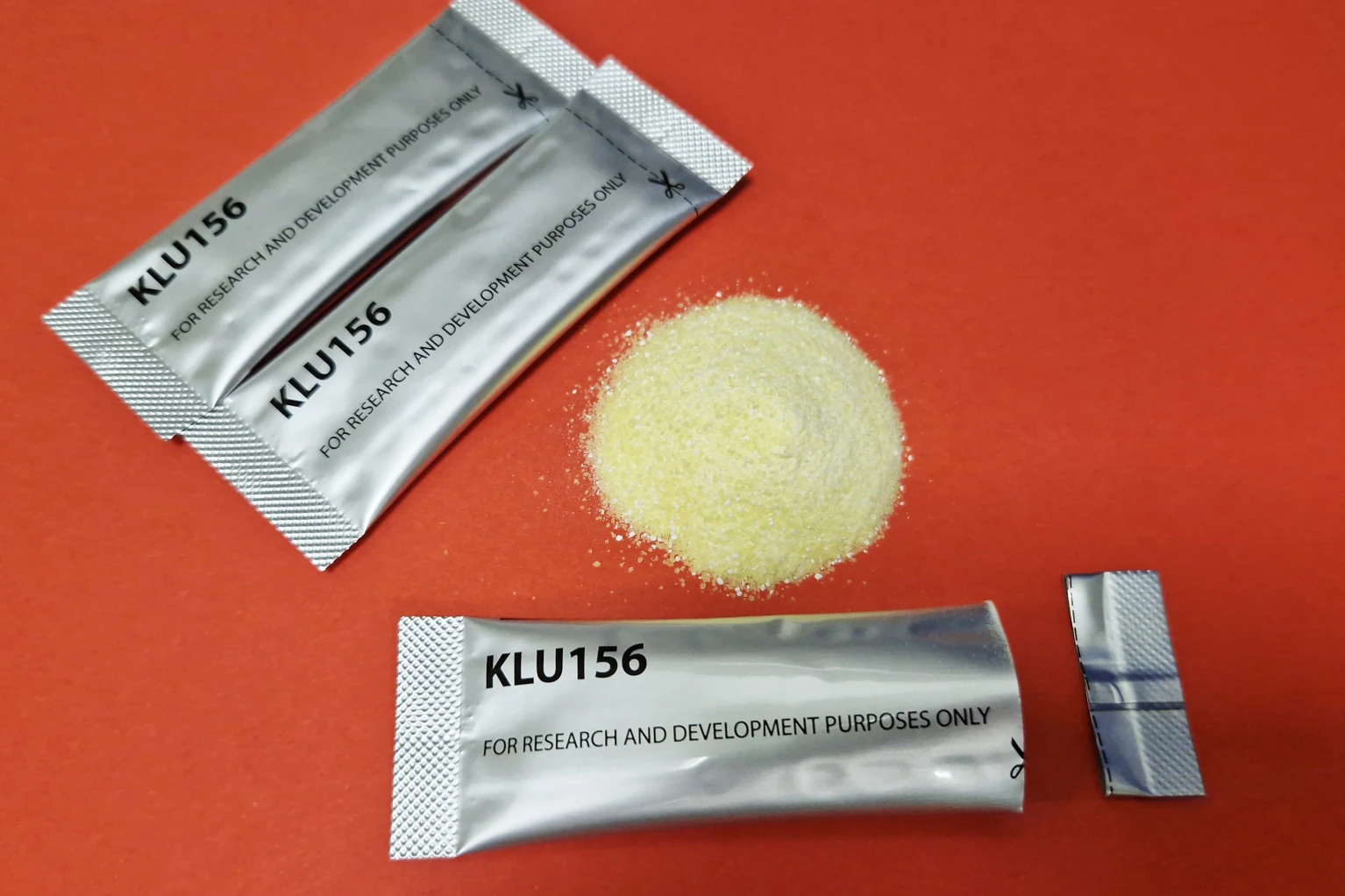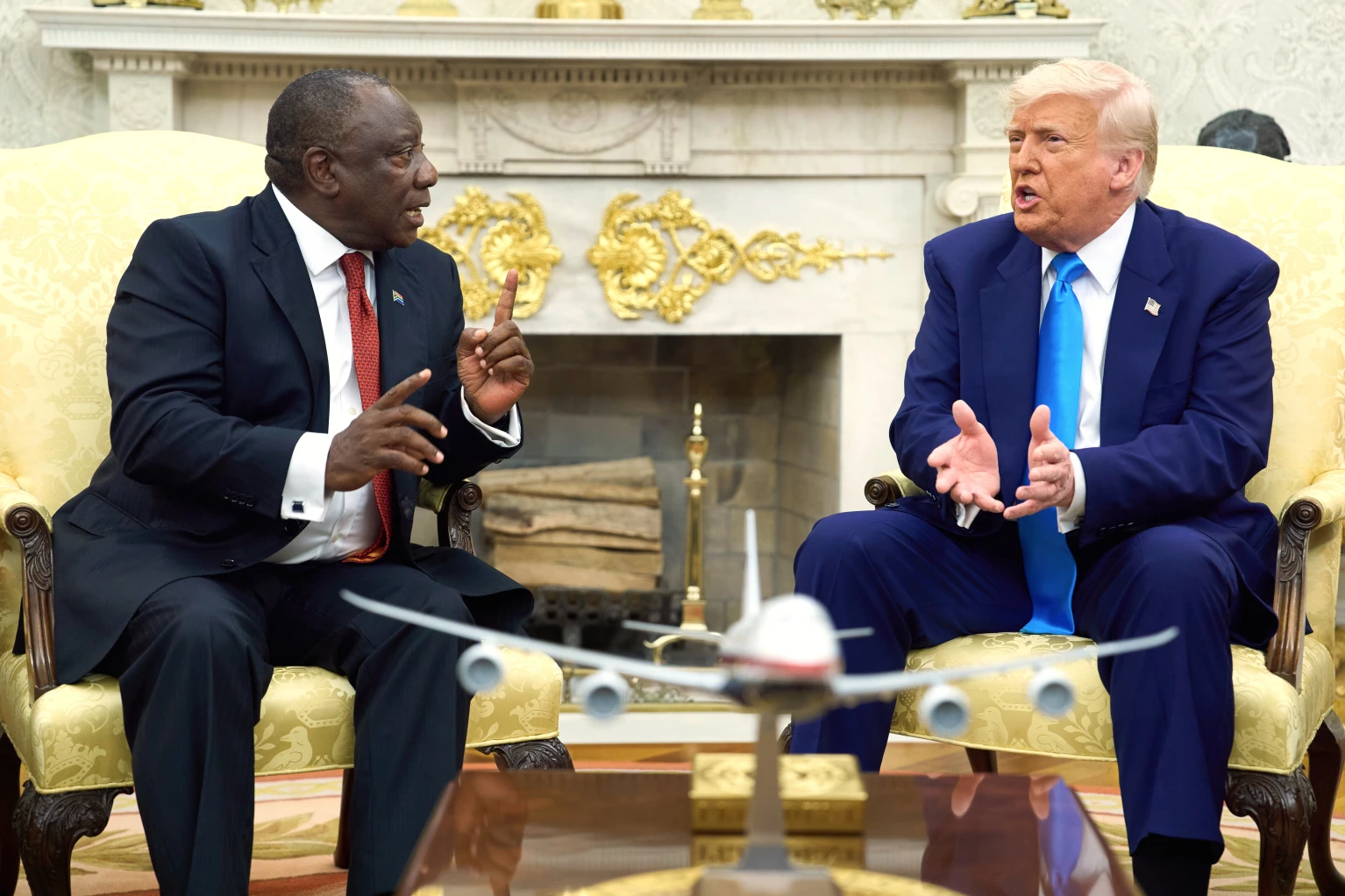
As Kenya grapples with steep unemployment and rising cost of living, the Kenya Association of Manufacturing says Ksh3 billion daily or Ksh1.095 trillion ($23.2 million or $ 8.5 billion) per an nun lost through corruption is enough to spur industrial manufacturing and create jobs for the armies of youth who join the labour market from school or college annually.
Three billion Kenya shillings ($ 8.5 billion) is the figure that was given by former President Uhuru Kenyatta when he was in power. Since then – and under the watch of President William Ruto – there have been unqualified allegations of the vice shooting through the roof.
In recent months, there have been attempts to focus on economic crimes in Kenya, but public trust in the current government to rise to the occasion and nip corruption in the bud.
Latest opinion poll and research findings on if Kenya can haul itself out of the economic doldrums point to rising public disillusionment with the government for not cracking down corruption. Two recent opinion polls by polls – market research company TIFA Research Limited and Infotrak Research and consulting – returned the verdict that Kenya is on the wrong trajectory. The reason cited more than 50 per cent of the people polled in either case is runaway corruption.
The government, though, has announced plans to fight the monster, which economists say gobbles a third of the national budget or more than Ksh1 trillion ($7.722 billion) per annum.
For Kenya to realise its potential and achieve greater prosperity, the government and private sector are partnering eliminate corruption under the Kenya Leadership Integrity Forum (KLIF) umbrella to develop strategies to mitigate corruption.
As a follow up to the 56th National Coordinating Committee (NCC) meeting in Nairobi on May 14, 2025, chaired by Attorney General Dorcas Oduor, the KLIF Sector Coordinating Committee unveiled a progress report on June 6, 2025, following a workshop held in Machakos.
The report on the workshop for the Sector Coordinating Committee (SCC) from May 19-23, 2025 at Machakos University chaired by head of KLIF secretariat Joyce Munene recommended anchoring KLIF to the Kenya Integrity Plan (KIP 2023-2028).
This among other interventions will empower the platform to comprehensively harness the strengths of all stakeholders in combating corruption and unethical practices while fostering ethics in society and institutions.
Currently, there are 20 sectors under KLIF that comprise Kenyan citizens representing watchdog agencies, media, civil society, private sector, faith, professional bodies, regional and sub-regional bodies, development partners, executive, legislature, judiciary, transport, education, labour, county government, anti-corruption agencies, constitutional commissions, regulatory boards, financial services and enforcement.
When KLIF patron, President William Ruto, launched the new Kenya Integrity Plan (KIP 2023-2028) on February 27, 2025, he noted that effective coordination of its implementation was key to achieving the desired results through a unified and integrated approach in the promotion of ethics and integrity as envisioned by the Ethics and Anti-corruption Commission (EACC).
During the launch, President Ruto acknowledged the challenge posed by corruption in the attainment of socio-economic and political aspirations at both global and national levels and committed to remain steadfast and ready to fight it head-on.
The President called for collective efforts in tackling and preventing corruption noting that such a resolve embodies and speaks to what every Kenyan wants. President Ruto reiterated the government’s commitment to strengthen the anti-corruption legal and policy frameworks as a strategy to expediting economic development.
For this reason and indeed based on our commitment to the people of Kenya to promote transparency and accountability in service delivery, the Kenya Leadership Integrity Forum (KLIF), developed Kenya Integrity Plan to guide the country’s anti-corruption trajectory for the period 2023-2028.
Corruption keeps evolving making it even more complex and hence requires collective action both within and outside government. It is for this reason that KLIF was established as a multi-sectoral forum to promote a unified stakeholder approach in the fight against corruption.
The multi-sectoral forum that brings together both state and non-state actors is a bold step in the fight against corruption. The Ethics and Anti-Corruption Commission (EACC) is the secretariat of KLI, while the executive, through the office of the attorney general, chairs the Forum.
All the 20 state and non-state actors that make up KLIF were told to continue partnering for a unified and integrated fight against corruption and unethical practices. The plan provides a roadmap through which deliberate outcomes will be realized in the fight against corruption.
In line with that, will support all sector players to achieve the vision of the Plan of having an ethics and integrity-driven society.
Kenya has over the years had to grapple with the threat of corruption that threatens to permeate every fabric of the Kenyan society. Various interventions put in place to fight corruption ranging from setting up a dedicated anti-corruption body to enacting a host of legal and policy frameworks on corruption have so far yielded results.
Attorney General Dorcas Oduor noted that the unyielding menace of corruption even in the face of these interventions serves to strengthen the resolve to conceive additional strategies to combat corruption.
The attorney-general observed that the new KIP will henceforth guide the multi-sectoral approach in promoting integrity and ethical practices in the society. Overall, the plan focuses on the evolving nature of corruption and strengthening existing anti-corruption legal and policy framework and setting the stage for the enactment of new laws where there are legislative gaps.
Abdi Mohamud, the Chief Executive Officer of EACC and secretary of the National Coordinating Committee Kenya Leadership Integrity Forum, pointed out that Kenya Integrity Plan (KIP) 2023-2028 was a strategic blueprint aimed at fostering collective action and partnerships to enhance integrity and accountability in Kenya.
Through the Kenya Leadership Integrity Forum (KLIF), the plan promotes a collaborative approach to ethics and integrity, leveraging the strengths of various stakeholders.
The key objectives of KLIF, said Mohamud, include mobilising and empowering Kenyans to actively participate in the fight against corruption, developing mechanisms for evaluating the effectiveness of anti-corruption initiatives, mainstreaming anti-corruption policies and strategies across different sectors and mobilizing resources to support efforts against corruption and unethical conduct.
CEO Mohamed reaffirmed that the commission remains committed to providing technical and coordination support, aiding in the implementation of the plan at various institutional levels.
The plan was developed by a dedicated team of technical officers representing the 20 sectors within KLIF, led by Mr. Godfrey Simiyu of the Kenya Revenue Authority.
- A Tell Media / KNA report / By Joseph Kamolo Mutua (PCO)
NCC Chairperson, Attorney General of the Republic of Kenya, Hon. Dorcas Oduor, (centre in black dress), EACC Chairperson, Dr. David Oginde, EACC CEO, Mr. Abdi A. Mohamud, Director of Public Prosecutions, Mr. Renson Ingonga, EACC Commissioners, Transparency International Executive Director, Ms. Sheila Masinde among others during the National Coordinating Committee Meeting in Nairobi May 14th 2025.








